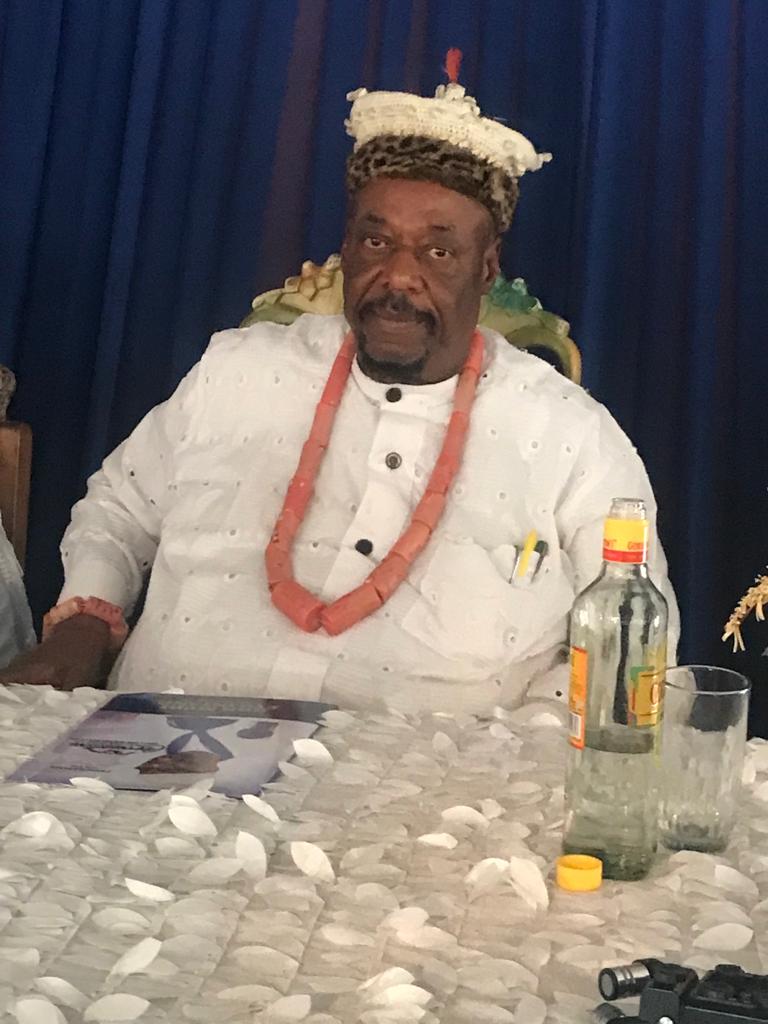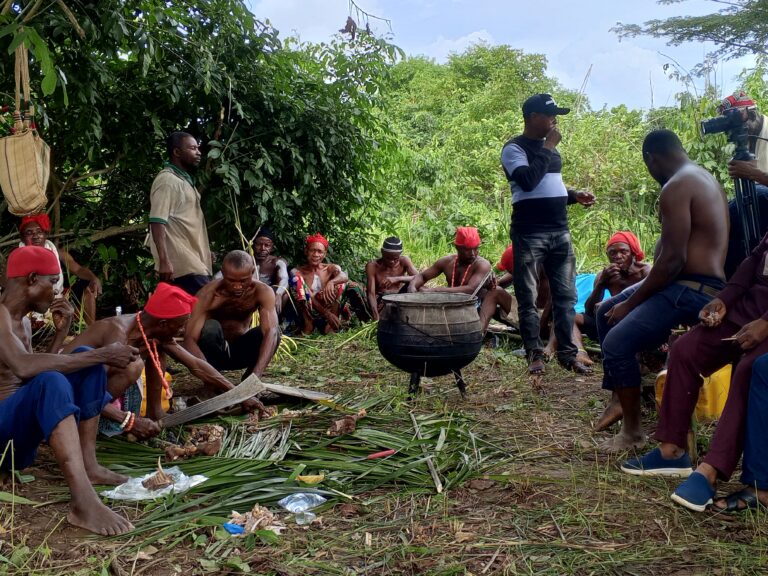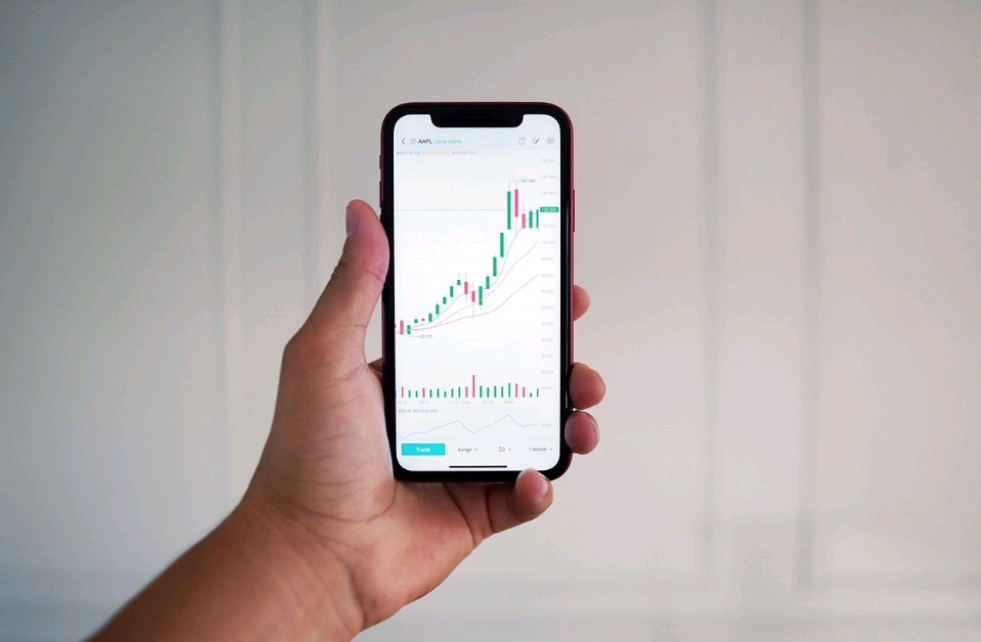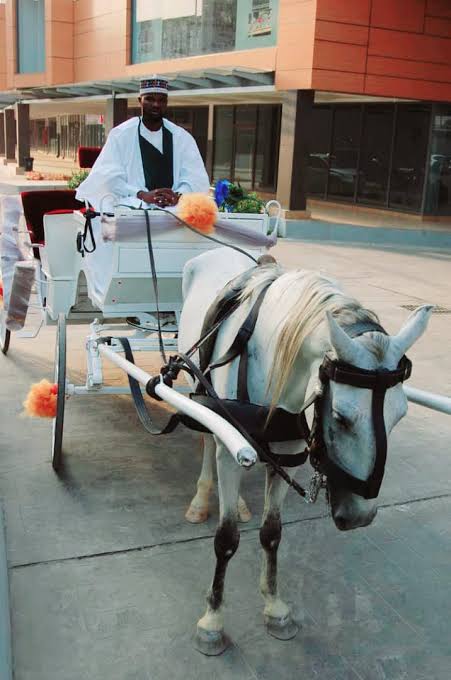Tag: Nigeria
-
Crisis imminent in Efut Nation
By Our Reporter The Efut Combined Assembly, the apex decision-making body in Efut nation has again warned that it will resist any attempts by some… Read More

-
Fake News: NNPCL not conducting secret recruitment
By Ben Nsemo Contrary to reports by some online media that the Nigerian National Petroleum Company Limited, under the leadership of Group Chief Executive Officer… Read More
-
Oyo Gov’t Warns Schools’ Land Encroachers
By Ben Nsemo The Oyo State government has warned trespassers against the encroachment of landed properties belonging to public schools across the state. The Commissioner… Read More
-
Oando, Tantalizer, other equity investors lose N40bn
By Ben Nsemo On Thursday, the Nigerian stock market experienced sell-offs that caused losses in Oando, Tantalizer, and other companies before the end of trade.… Read More
-
Max Air contaminated fuel: NCAA suspends violators
By Ben Nsemo A public outcry followed the discovery of tainted fuel in Max Air’s main tank in July 2023, which prompted the Nigerian Civil… Read More
-
Bahumonu, C’River communities where youths said no to war
By Christian Njoku In the 1980s Prof. Emmanuel Ayandele, the foremost Vice Chancellor of the University of Calabar and a respected Professor of History declared… Read More

-
Top 5 Forex Trading Apps in Nigeria
By Ben Nsemo Forex trading has gained immense popularity in Nigeria, attracting many traders seeking to capitalize on the dynamic and potentially lucrative currency markets.… Read More

-
Chris Agibe left out as Essien Ayi, Etaba elected Reps Committee Chairmen
By Frank Ulom Out of the 8 House of Representatives Members in Cross River State, only Rt. Hon. Essien Ayi, Mike Etaba and Legor Idagbo… Read More

-
Top Strategies for Successful Football Betting in Nigeria
By Ben Nsemo Football holds a special place in the hearts of Nigerians, and it is no surprise that the country boasts a vibrant betting… Read More
-
Youths’ Involvement In Politics (By Kolade Afeez Oladigbolu)
By Kolade Afeez Oladigbolu It is very unfortunate, that the youths of today have been given such a bad name when it is only a… Read More
